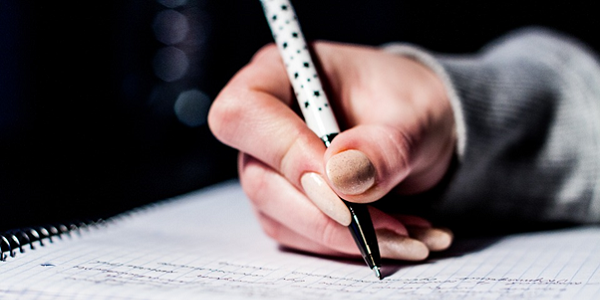
November 24, 2017, by Stuart Moran
My fieldwork affair with the Neo-Smart Pen
My research projects are typically ethnographies at settings where carrying along laptops, tablets, cameras and other relatively heavy or expensive devices for data collection is not always feasible, safe or practical. I have used alternatives such as mobile phones as many now incorporate large storage spaces, high-end hardware and apps for taking pictures, recording and transcribing audio among other functions for collecting data. However, this strategy also has practical deficiencies notable among which is the relatively short battery life of mobiles. During prolonged or extensive periods in the field I’ve had to carry along several power banks, which somewhat defeats the objective of minimising the kit I take to the field. Consequently, the trusty pen and paper has been my ‘go to’ choice for fieldwork over the last few years, with the attendant onerous task of extensive note taking in the field and typing of various sections later.
This summer, courtesy of Stuart Moran’s tireless efforts to promote the use of new technologies for research across the Faculty of Social Science, I got the chance to try out the Neo Smart Pen for data collection in rural Ghana between July and September. This device totally eliminated the need for a laptop of tablet in the field and also opened up new possibilities for facilitating data collection and analysis. For those unfamiliar with the Neo smart pen, it looks like a regular ballpoint pen and works like one. It comes with its own special writing paper, copies of which can be printed in lieu of a notebook or note pad. The pen is paired via an app on a mobile phone, which automatically transfers text written on the paper to the paired device. The app transcribes the written text into plain text on the phone. My initial scepticism concerning its ability to ‘read’ my handwriting was allayed as the success rate was near perfect! Once it had got the hang of my handwriting, the transfer was near seamless. Crucially, this saved on cost and time which would have been invested in transcription upon my return to the field. I also discovered that the device has a voice recording feature, which allowed me to append voice notes to various sections of the text. I could add audio comments about behaviours, actions, and nonverbal cues that could not be adequately written out immediately. This feature was also valuable for retrieving salient field encounters and other information. For the first time, I did not miss having a laptop or tablet for typing out notes in the field. Equally, because the data is simultaneously saved on the pen (prior to transfer) and the transcribed plain text stored on my mobile phone could also be synced with Dropbox and other cloud storage services, I did not stand the risk of losing information in case I lost the fieldnotes, the Neo smart pen or my mobile phone. Also, as I did not have to rely exclusively on my mobile phone for the data collection, the battery usage concern was partly addressed. The main concern I had with the pen was the fact that it uses ink cartridges which need to be refilled. However, the pack of 10 cartridges I purchased for about £6 or so prior to my departure was more than sufficient. I still have about 6 left after quite intensive use over the 3 month period.
In conclusion, the neo smart pen is now on my list of indispensable devices for research. I am wholly convinced of the value of these new technologies for fieldwork even in remote areas such as where I travelled this summer. It’s very versatile and now that Stuart has taken it back, I intend to purchase one for myself.
Samuel Okyere, Assistant Professor, Sociology and Social Policy

[…] My fieldwork affair with the Neo-Smart Pen […]